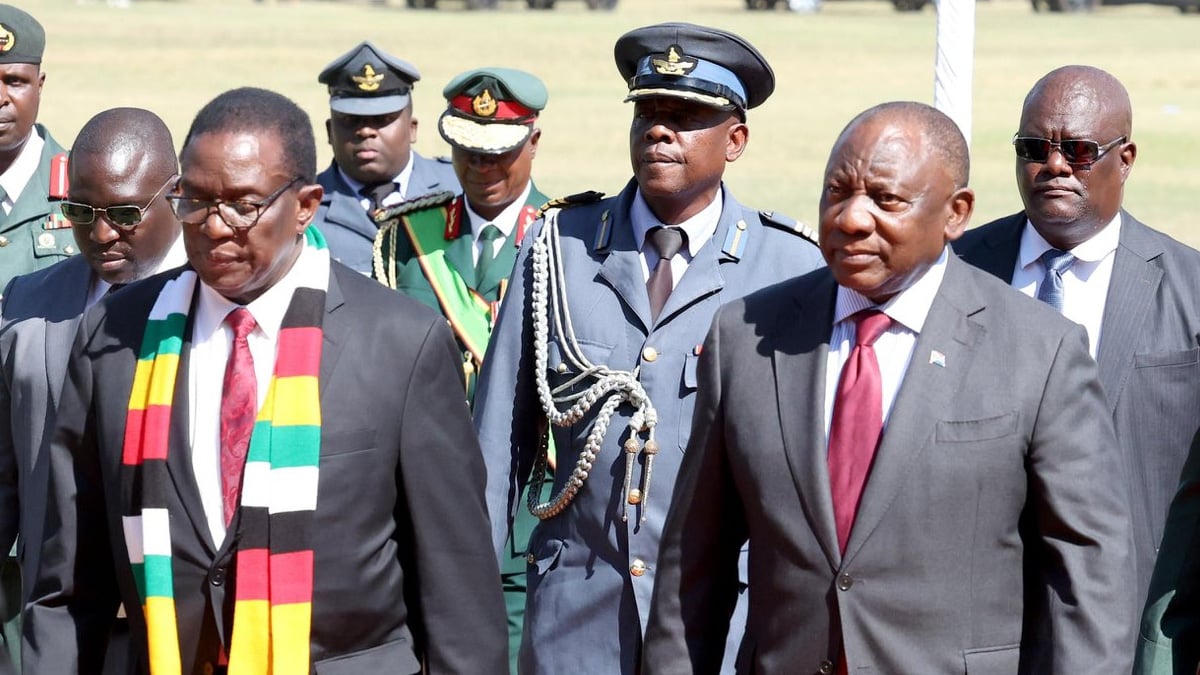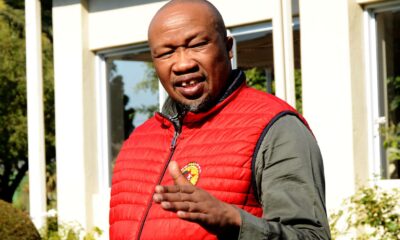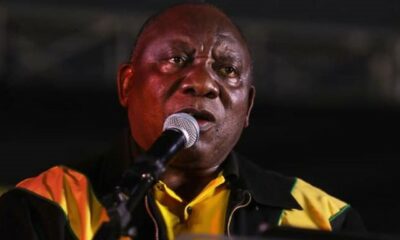News
Ramaphosa Praises Zimbabwe’s Land Reform. Critics Call It a Dangerous Own Goal for South Africa

A controversial moment in Harare
When President Cyril Ramaphosa stepped onto the stage at the Zimbabwe Agricultural Show in Harare on 29 August 2025, few expected his speech to trigger alarm back home. But his decision to praise Zimbabwe’s controversial land reform programme, widely blamed for the country’s economic collapse, has left critics accusing him of scoring a major political own goal.
Speaking alongside Zimbabwean President Emmerson Mnangagwa, Ramaphosa described Zimbabwe’s early 2000s land seizures as part of “dismantling colonial-era patterns of land ownership.” He framed the reforms as necessary for justice, food security, and long-term growth.
For many South Africans, however, the remarks cut too close to home, especially given the recent passage of the Expropriation Act.
Echoes of Zimbabwe’s collapse
Ramaphosa’s comments drew an immediate rebuke from the Democratic Alliance (DA). Party spokesperson Willie Aucamp said the president’s praise ignores decades of hardship:
“Zimbabwe’s land reform is an example of how not to do it. Their economy collapsed, their currency collapsed, and millions went hungry. To hold this up as a model is simply unacceptable.”
The DA argues that Zimbabwe is still paying for those policies, with compensation to displaced farmers happening decades later while the country struggles to recover.
Investor jitters and timing woes
The timing of Ramaphosa’s remarks is particularly sensitive. South Africa’s Expropriation Act, which allows for property seizures under certain conditions, is already being challenged in court.
The Trump administration has flagged the law as a point of concern, and local business leaders fear it could erode property rights. Aucamp warned Ramaphosa’s words risk worsening those perceptions:
“If you have a president praising land grabs abroad while our own law is under scrutiny, you create fear, not only among property owners but also among investors.”
Constitutional questions at home
While the DA insists it supports land reform, it argues the process must remain constitutional, with fair compensation overseen by the courts. The party is also challenging how the Expropriation Act was passed, claiming the National Council of Provinces was used as a “rubber stamp” without proper provincial mandates.
“We are confident the courts will agree that the process was flawed,” Aucamp said.
A deeper political gamble
Ramaphosa’s words in Harare may have been aimed at strengthening ties with Zimbabwe, a neighbour scarred by colonial dispossession and decades of political isolation. But at home, they risk fuelling investor anxiety and providing ammunition to his critics ahead of tough political battles.
For South Africans watching closely, the bigger question lingers: is the president signalling a bold ideological shift on land reform, or was this simply diplomatic flattery gone wrong?
Either way, the fallout is likely to be felt not only in political circles but in boardrooms, where confidence is already fragile.
{Source: BusinessTech}
Follow Joburg ETC on Facebook, Twitter , TikTok and Instagram
For more News in Johannesburg, visit joburgetc.com



























